In a fiery speech to supporters in North Carolina, Vice President Kamala Harris called out what J.D. Vance—former President Donald Trump's freshly selected running mate—"didn't say" in his speech accepting the VP nomination on Night 3 of the Republican National Convention.
Amid much talk about key conservative issues like immigration, the ongoing border crisis, and "law and order," he did not once mention what the GOP has explicitly laid out and is now attempting to distance itself from: Project 2025.
Project 2025 is a set of conservative and right-wing policy proposals from the Heritage Foundation aimed at restructuring the United States federal government and consolidating executive power if the Republican nominee wins the 2024 presidential election.
It is a comprehensive document detailing what a future Trump presidency would entail, encompassing not just policy proposals on immigration, education, and the economy, but also a vision of the America that conservatives aim to create in the next Republican administration, whether led by Trump or another standard bearer.
This document serves as a meticulous blueprint for implementing this vision, providing recommendations for key White House staff, cabinet positions, Congress, federal agencies, commissions, and boards. It also outlines a vetting process to ensure the appointment and hiring of individuals aligned with this vision at every level of government.
And Harris went all in on Vance, linking him to the plan, as you can see in the video below.
Harris stressed how much Project 2025 would contribute to a new era of authoritarian governance:
"Some of you may have heard Donald Trump's running mate deliver remarks at the Republican National Convention. He talked about his life story about growing up in southwest Ohio, and it was compelling. It's a compelling story and it's not the full story."
"Frankly, what is very telling is what he did not talk about on that stage. He did not talk about Project 2025, their 900-page blueprint for a second Trump term. He did not talk about it because their plans are extreme and they are divisive."
"In recent days they've been trying to portray themselves as the party of unity. Here’s the thing, if you claim to stand for unity, you need to do more than just use the word. You cannot claim you stand for unity if you are pushing an agenda that deprives whole groups of Americans of basic freedoms, opportunity and dignity.”
"You cannot claim to stand for unity if you are taking reproductive freedoms away from the people of America and the woman of America, trying to ban abortion nationwide, as they do, and restrict access to IVF and contraception as their plan calls for."
She added, quite succinctly:
"You cannot claim to be for unity if you try to overturn a free and fair election and threaten to terminate the Constitution. You cannot claim to be for unity when your entire economic agenda is designed to prioritize billionaires and big corporations over the middle class."
She concluded with the following jab at both Vance and Trump:
"With the selection of his running mate this week, Donald Trump is trying to distract people. He wants to direct attention away from his record and his Project 2025 plan to suggest that he and his running mate are going to prioritize the middle class. We are not falling for it.”
Many echoed Harris' concerns.
Although Trump himself has claimed to have no knowledge of these proposals, it's worth noting that of the 38 individuals responsible for writing and editing Project 2025, 31 were appointed or nominated to positions in the Trump administration and transition.
The plan includes several controversial proposals. It calls for a federal ban on pornography, with an implied potential for banning content related to gay and trans people. It seeks to enforce a federal ban on abortion under all circumstances, even in cases of severe fetal defects.
The plan proposes terminating civil servants without cause and replacing them with Trump loyalists, which could lead to a significant loss of institutional knowledge and efficiency within government departments every 4–8 years. It also aims to ban gay marriage and divorce, regardless of circumstances.
Furthermore, it significantly limits the powers of the FDA, CDC, and OSHA, making medicine and disability aids harder and more expensive to obtain while reducing workplace safety regulations. The plan lowers the legal working age and reduces child labor protections. It reduces the size and power of the Office for Civil Rights and Civil Liberties and restricts its ability to conduct reviews.
The plan integrates the National Security Council into the White House, making it unaccountable to other offices, and eliminates the Gender Policy Council, ending all federal discourse or support for gender identity, LGBTQ+ issues, transgender care, reproductive health, and abortion.
It seeks to restore Trump-era policies favoring management rights over unions and abolishes the Office of Intelligence and Analysis. The plan expels transgender individuals from the military and cuts public funding for transgender surgeries and abortions for service members. It also monitors military schools to remove perceived Marxist indoctrination, critical race theory, and diversity, equity, and inclusion (DEI) initiatives.
The Department of Homeland Security would be disbanded to create a new agency with 100,000 workers, limiting the role of the Office of Civil Rights. The plan would place loyalists in temporary "acting" positions with significant authority on Day One to bypass congressional oversight.
Additionally, it calls for freezing and reviewing all existing international agreements to ensure alignment with the presidential agenda and cutting funding to international organizations that support abortion or social policies contrary to conservative values, including the WHO.
Adding to the profound impact Project 2025 would have on the nation, it proposes revising the 2004 Executive Order on Intelligence to expand powers for domestic surveillance, potentially infringing on civil rights and privacy, and reinstating policies denying U.S. assistance to pro-abortion initiatives.
These proposals seek to integrate religious training into all agency programs and increase grants to faith-based institutions. Additionally, it aims to reverse Biden-era regulations on food and animal safety, large-scale farming, environmental protections, and climate change.

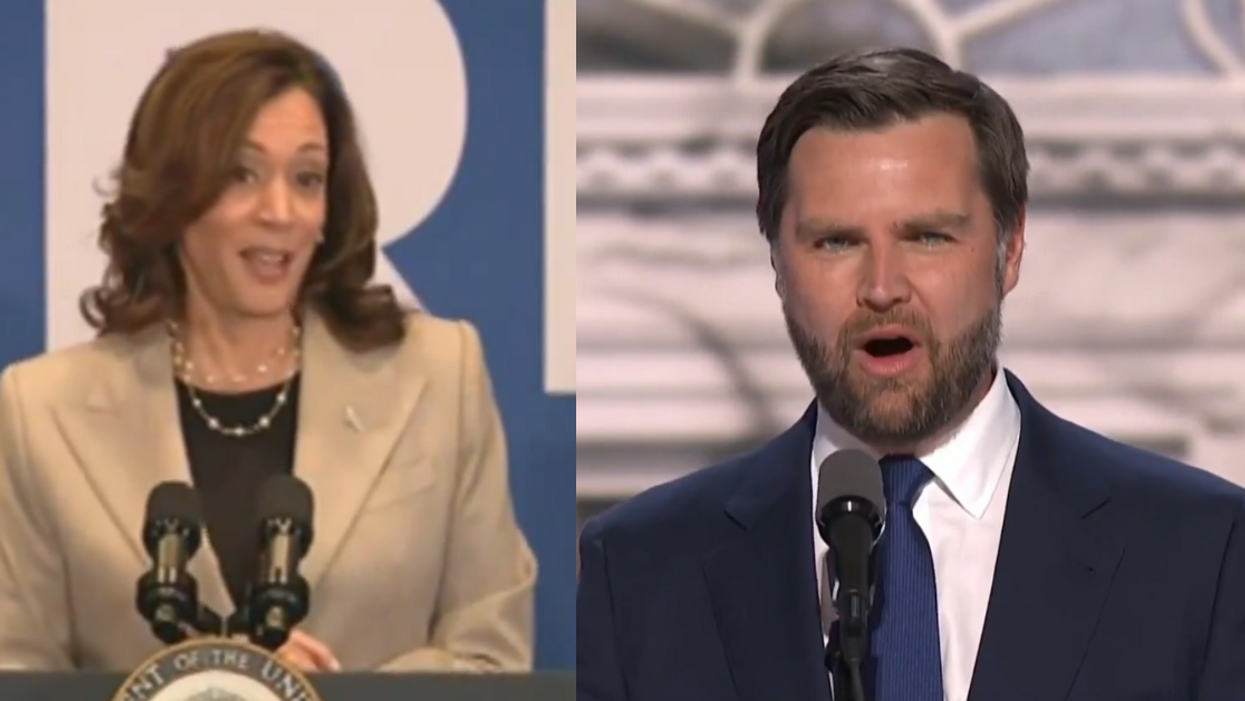






 @hi_its_chey/TikTok
@hi_its_chey/TikTok @hi_its_chey/TikTok
@hi_its_chey/TikTok @hi_its_chey/TikTok
@hi_its_chey/TikTok @hi_its_chey/TikTok
@hi_its_chey/TikTok @hi_its_chey/TikTok
@hi_its_chey/TikTok @hi_its_chey/TikTok
@hi_its_chey/TikTok @hi_its_chey/TikTok
@hi_its_chey/TikTok @hi_its_chey/TikTok
@hi_its_chey/TikTok @hi_its_chey/TikTok
@hi_its_chey/TikTok @hi_its_chey/TikTok
@hi_its_chey/TikTok @hi_its_chey/TikTok
@hi_its_chey/TikTok @hi_its_chey/TikTok
@hi_its_chey/TikTok @hi_its_chey/TikTok
@hi_its_chey/TikTok




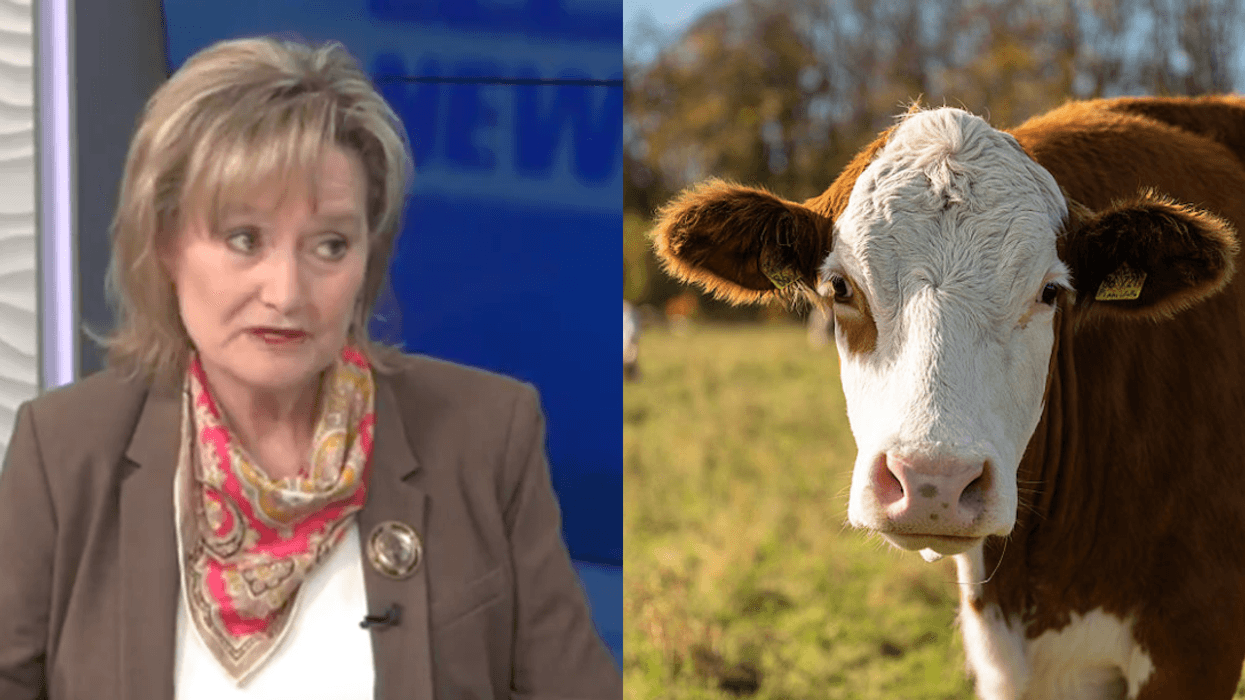
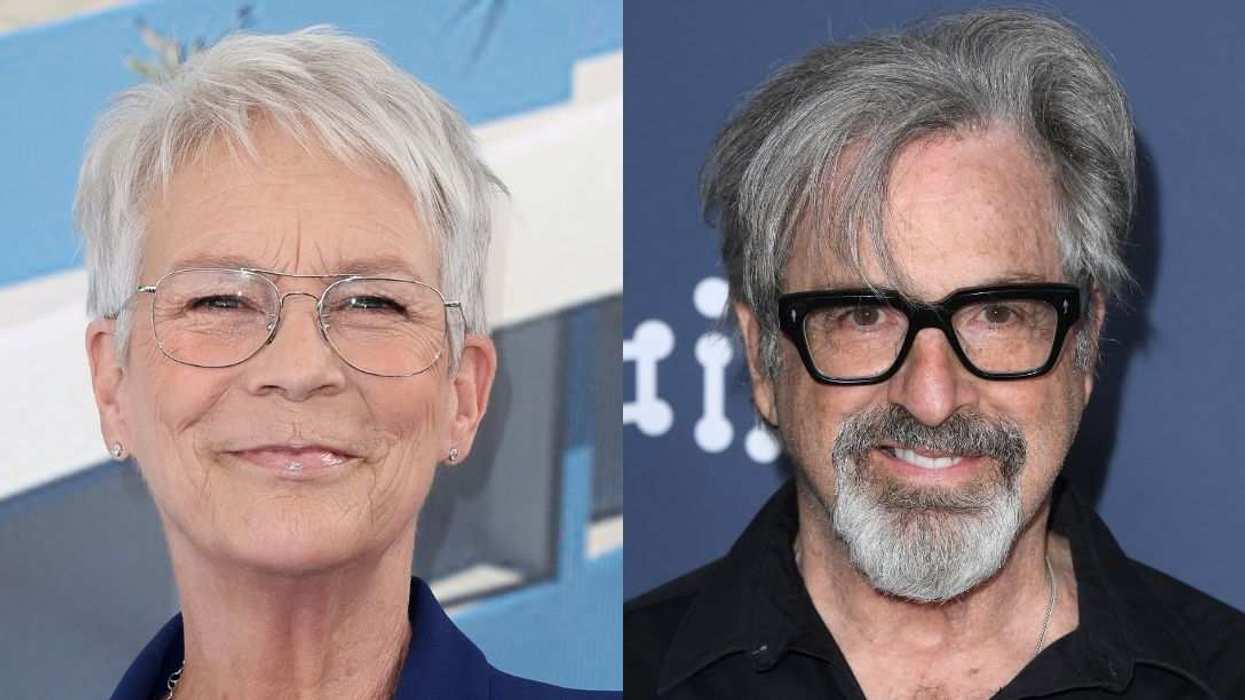
 @ritawilson/Instagram
@ritawilson/Instagram @bettyjo46/Instagram
@bettyjo46/Instagram @dottdott65/Instagram
@dottdott65/Instagram @betseyboop/Instagram
@betseyboop/Instagram @ondinefortune/Instagram
@ondinefortune/Instagram @heathermessina/Instagram
@heathermessina/Instagram @mlejordan/Instagram
@mlejordan/Instagram @icu2qtpie/Instagram
@icu2qtpie/Instagram @ryan.mannino013/Instagram
@ryan.mannino013/Instagram @helen_nk0730/Instagram
@helen_nk0730/Instagram @steph.lynn_26/Instagram
@steph.lynn_26/Instagram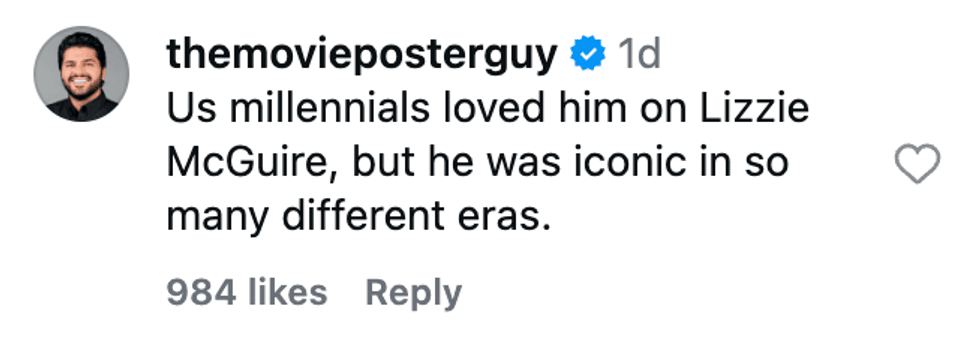 @themovieposterguy/Instagram
@themovieposterguy/Instagram

 @lancebass/Instagram
@lancebass/Instagram @aj_mclean/Instagram
@aj_mclean/Instagram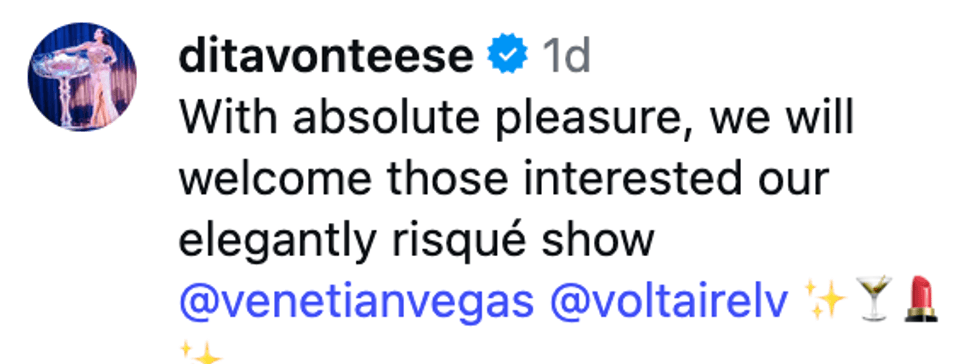 @ditavonteese/Instagram
@ditavonteese/Instagram @tmobilearena/Instagram
@tmobilearena/Instagram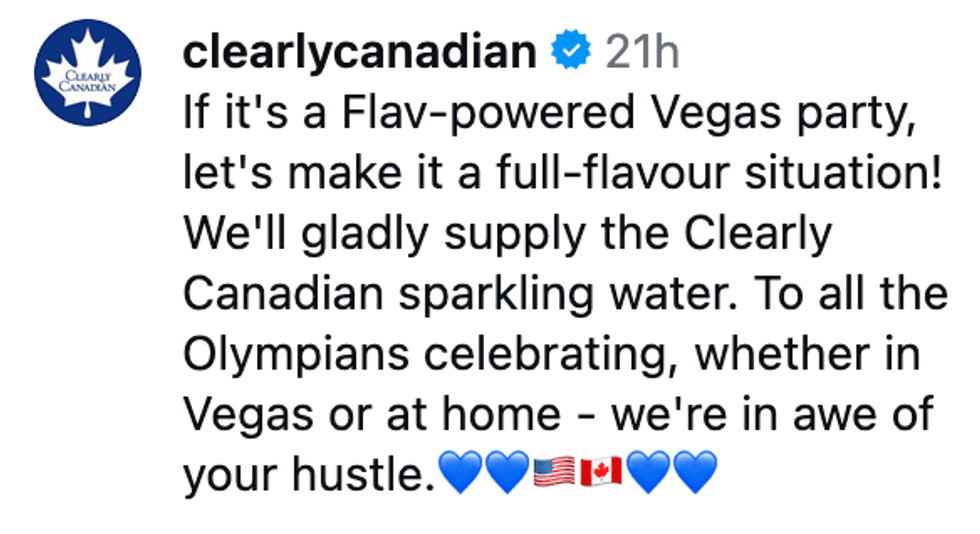 @clearlycanadian/Instagram
@clearlycanadian/Instagram @sprouts/Instagram
@sprouts/Instagram @cityoflasvegas/Instagram
@cityoflasvegas/Instagram